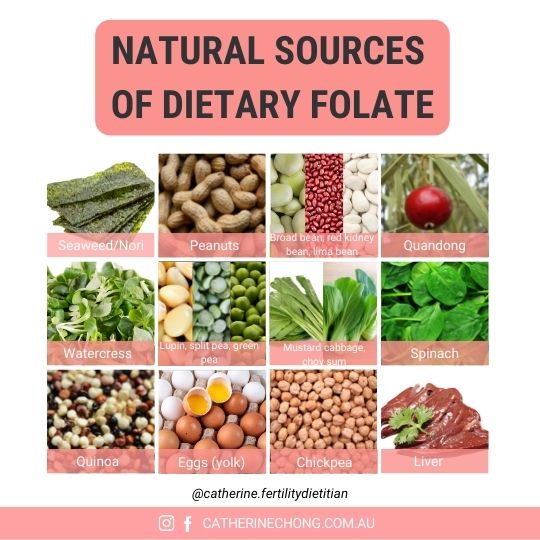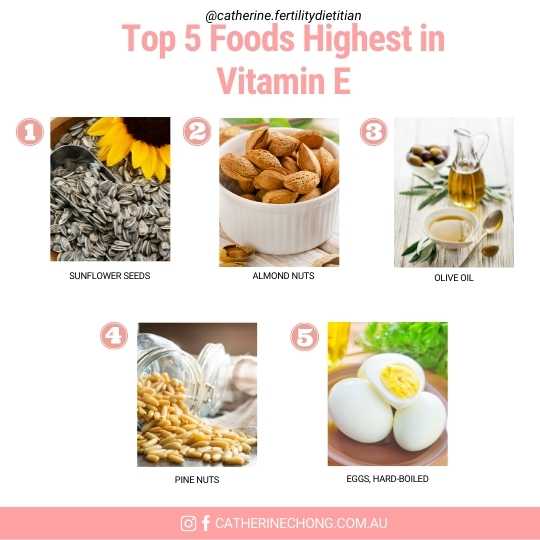5 Must-Have Fertility-Boosting Foods For Conception
Are you trying to conceive and wondering if your diet could make a difference? While no single food guarantees pregnancy, proper nutrition can have a profound impact on your reproductive health.
By nourishing your body with fertility-boosting foods, you create an optimal environment for conception. A diet rich in key vitamins, minerals, and antioxidants can enhance your fertility and improve your overall health, giving your body the tools it needs to thrive during this important phase.
In this blog, we’ll explore five nutrient-packed fertility-boosting foods that are easy to incorporate into your daily meals. Let’s dive in and discover how small dietary changes can make a big difference on your path to parenthood.
1. Fertility-Boosting Foods: The Power of Leafy Green Vegetables
Incorporating fertility-boosting foods into your diet is a proactive step toward improving your chances of conceiving, and leafy green vegetables are at the top of the list. Packed with essential nutrients like folate, these greens provide the building blocks for reproductive health. Popular options like Chinese flowering cabbage (choy sum), rocket, broccoli, spinach, and asparagus are particularly rich in this key nutrient, making them a must-have for anyone trying to conceive.

Folate is essential for a healthy pregnancy because it supports critical processes such as DNA synthesis, the formation of genetic material, and the prevention of neural tube defects in a developing fetus. Adequate folate intake prior to conception is particularly important for women planning to conceive.
Health guidelines recommend that women trying to conceive take 400 mcg of folic acid daily, at least one month before conception, to reduce the risk of neural tube defects. During pregnancy, the demand for folate increases significantly due to its vital role in supporting DNA replication and overall fetal development.
2. The Antioxidant Power of Berries
Berries like strawberries, blueberries, blackberries and raspberries are delicious and great for promoting fertility and healthy eggs. These fruits are rich in antioxidants, compounds that neutralise free radicals and help protect eggs and sperm from oxidative damage, a common factor compromising fertility.
Berries are also an excellent source of vitamin C, a nutrient shown to improve sperm quality and motility. Vitamin C can also reduce oxidative stress, negatively impacting egg quality and overall reproductive health.
Add a handful of fresh or frozen berries to your breakfast cereal, oatmeal, or yoghurt for a fertility-friendly start to your day. This small dietary addition can support your reproductive health while providing a flavorful, nutrient boost.
3. The Role of Sunflower Seeds
Sunflower seeds are a highly nutritious addition to a fertility-boosting diet, offering a blend of healthy fats, protein, and fibre. What sets sunflower seeds apart is their exceptional vitamin E content, a potent antioxidant critical for maintaining cellular health and combating oxidative stress. Oxidative stress, caused by an imbalance between reactive oxygen species (ROS) and the body’s antioxidant defenses, can damage cells, including those in the reproductive system. This damage can compromise egg quality and overall fertility.

Incorporating sunflower seeds into your daily routine is easy and versatile. Enjoy a handful as a nutrient-dense snack, sprinkle them over salads, blend them into smoothies, or add them to oatmeal for a flavorful and fertility-friendly boost. Their rich nutrient profile and delicious taste make sunflower seeds a practical choice for supporting reproductive health.
4. How Avocado Supports Reproductive Health
Avocado is a nutrient-dense superfood renowned for its great taste and numerous health benefits, including its positive effects on fertility and pregnancy health. Its versatility makes it an easy addition to various meals, providing essential nutrients for reproductive wellness.
One key fertility-boosting benefit of avocados lies in their high content of monounsaturated fats, a type of healthy fat crucial for hormone production and regulation. These fats are essential in stabilising menstrual cycles, promoting ovulation, and supporting the development of healthy eggs. Additionally, the anti-inflammatory properties of these fats contribute to an optimal environment for conception.
Avocados also provide an array of vitamins, minerals, and fibre. Avocado is also rich in B vitamins, including folate, essential for reproductive health and fetal development. They also offer a significant amount of potassium, which supports cellular function and overall well-being.
Incorporating avocado into your diet is simple and delicious. Spread it on whole-grain toast, toss it into a fresh salad, blend it into smoothies, or use it as a creamy, nutrient-rich substitute for mayonnaise in sandwiches. By making avocado a regular part of your meals, you can enjoy its fertility-boosting benefits while enhancing your overall nutritional intake.
5. The Omega-3 Benefits of Fatty Fish
Fatty fish such as salmon, mackerel, tuna, and sardines are nutritional powerhouses that benefit those trying to conceive. These fish are rich in omega-3 fatty acids, essential fats that are critical to reproductive health by improving fertility, regulating ovulation, and supporting overall hormonal balance.
Omega-3 fatty acids, specifically EPA (eicosapentaenoic acid) and DHA (docosahexaenoic acid) reduce inflammation and positively influence fertility. Additionally, they support healthy blood flow to reproductive organs, essential for creating an optimal environment for conception.
To benefit from fatty fish’s fertility-enhancing properties, it’s recommended to include two servings of low-mercury omega-3 rich fish per week in your diet. Delicious preparation methods include grilling, baking, or broiling fillets of salmon or tuna for a nutrient-packed and satisfying meal.
Omega-3 supplements are a viable alternative for individuals who don’t consume fish due to personal preference or dietary restrictions. However, before starting supplementation, it’s important to consult a fertility dietitian or healthcare professional to determine the appropriate dosage and ensure the supplement fits seamlessly into your overall fertility-focused nutrition plan.
If you want to learn more about which foods to avoid while trying to conceive, click here to read our previous blog!
Bottom Line
- Leafy Greens: Spinach and broccoli are rich in folate, a vital nutrient for DNA synthesis and genetic material formation, which is crucial for conception and pregnancy.
- Berries: Packed with antioxidants, berries protect egg cells from damage caused by free radicals, supporting reproductive health.
- Sunflower Seeds: High in vitamin E, sunflower seeds combat oxidative stress, promoting optimal egg health.
- Avocado: Loaded with healthy fats, avocado supports hormone production, regulates menstrual cycles and ovulation, and enhances egg quality.
- Fatty Fish: Salmon, tuna, and other fatty fish are excellent sources of omega-3 fatty acids, which improve female fertility by supporting hormonal balance and egg health.
